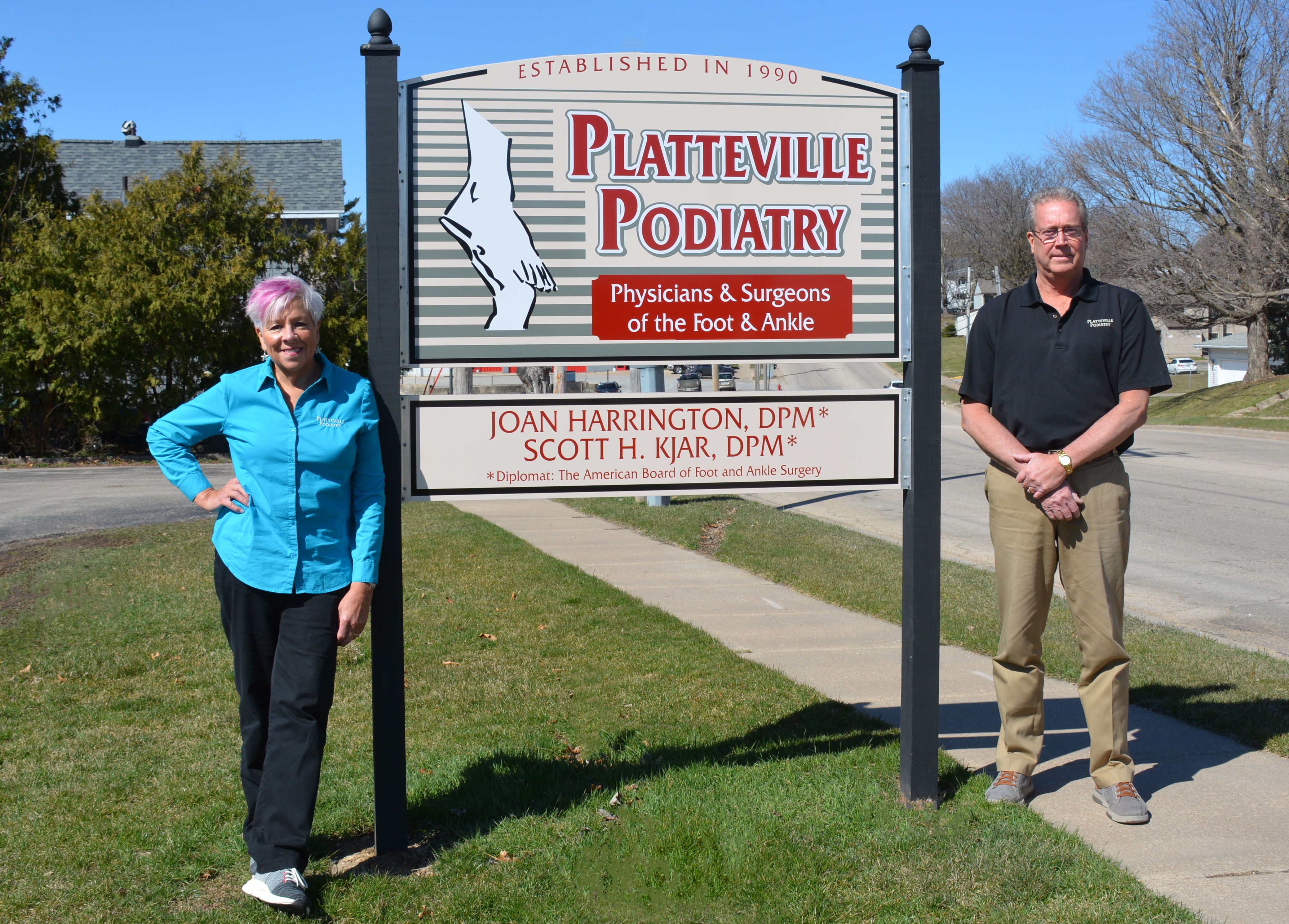Delivering Health.
With Care.
Creating a healthier southwest Wisconsin
Care You
CAN Count On.
Our personal commitment to every patient is to offer compassion and expertise with every visit.
Find care with Southwest Health’s Provider Directory. Browse doctors by service or location!
Appointments are arranged by medical need, though we offer many same-day appointments with our care team.
About
Southwest Health
With its fast-growing range of providers and services, Southwest Health is a high-performing regional healthcare system that puts patient needs first. On the hospital campus in Platteville, Southwest Health provides wide-ranging, high-quality acute care services, including medical and surgical care, emergency and urgent care, Orthopedic Institute, obstetrics and gynecology, specialty care, Birth Center, cancer care, a comprehensive Eye Center, the area’s largest family medical clinic, Emergency Medical Services, and an outpatient pharmacy. With the offsite locations in Cuba City, Darlington, Lancaster, and Kieler, Southwest Health is bringing high-quality family medicine and specialty care, closer to home.





